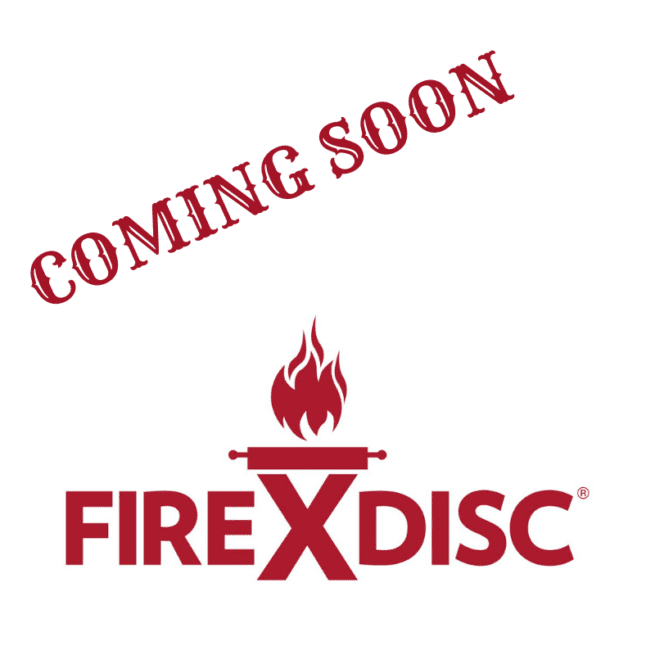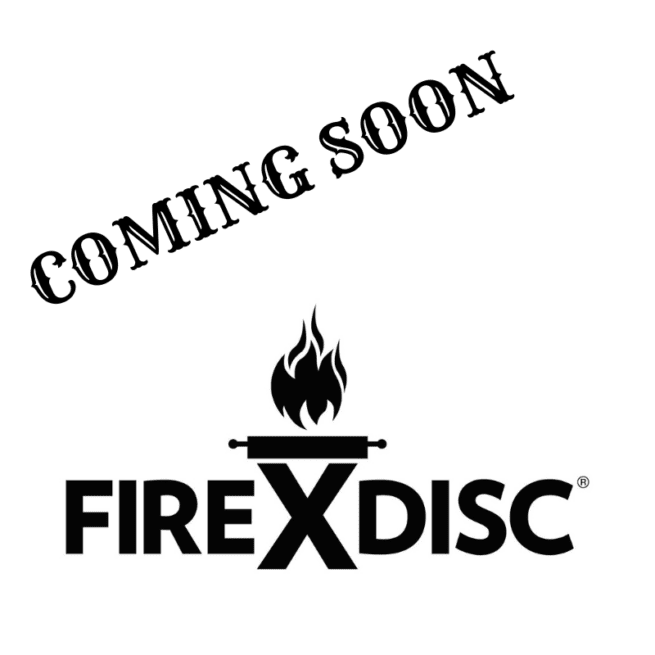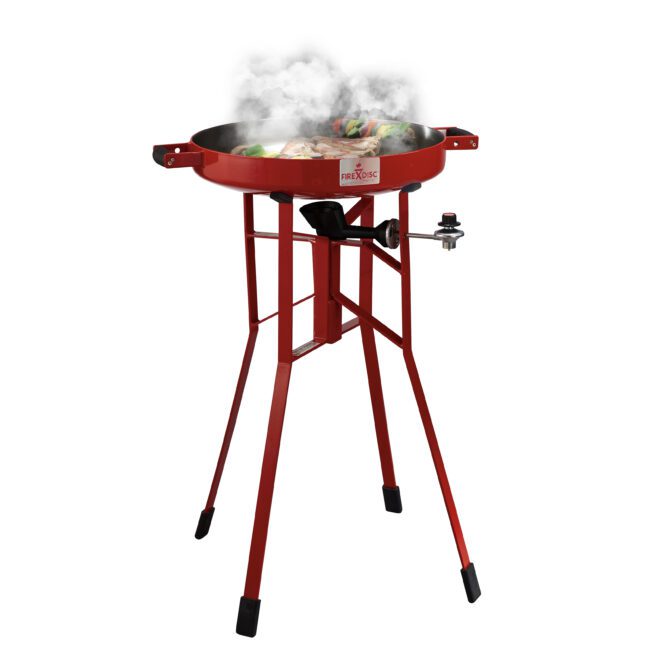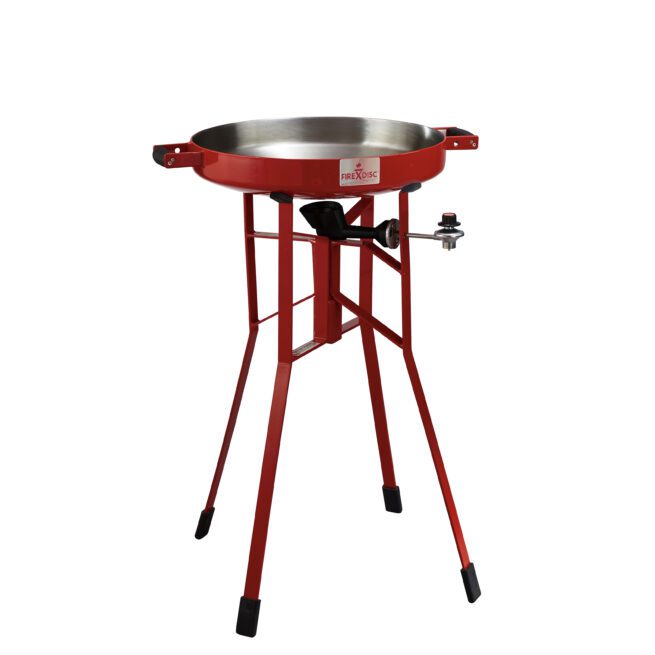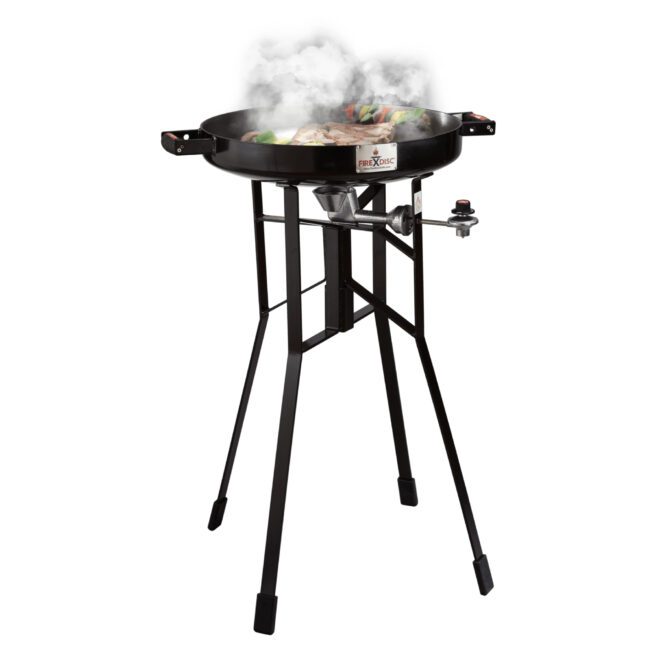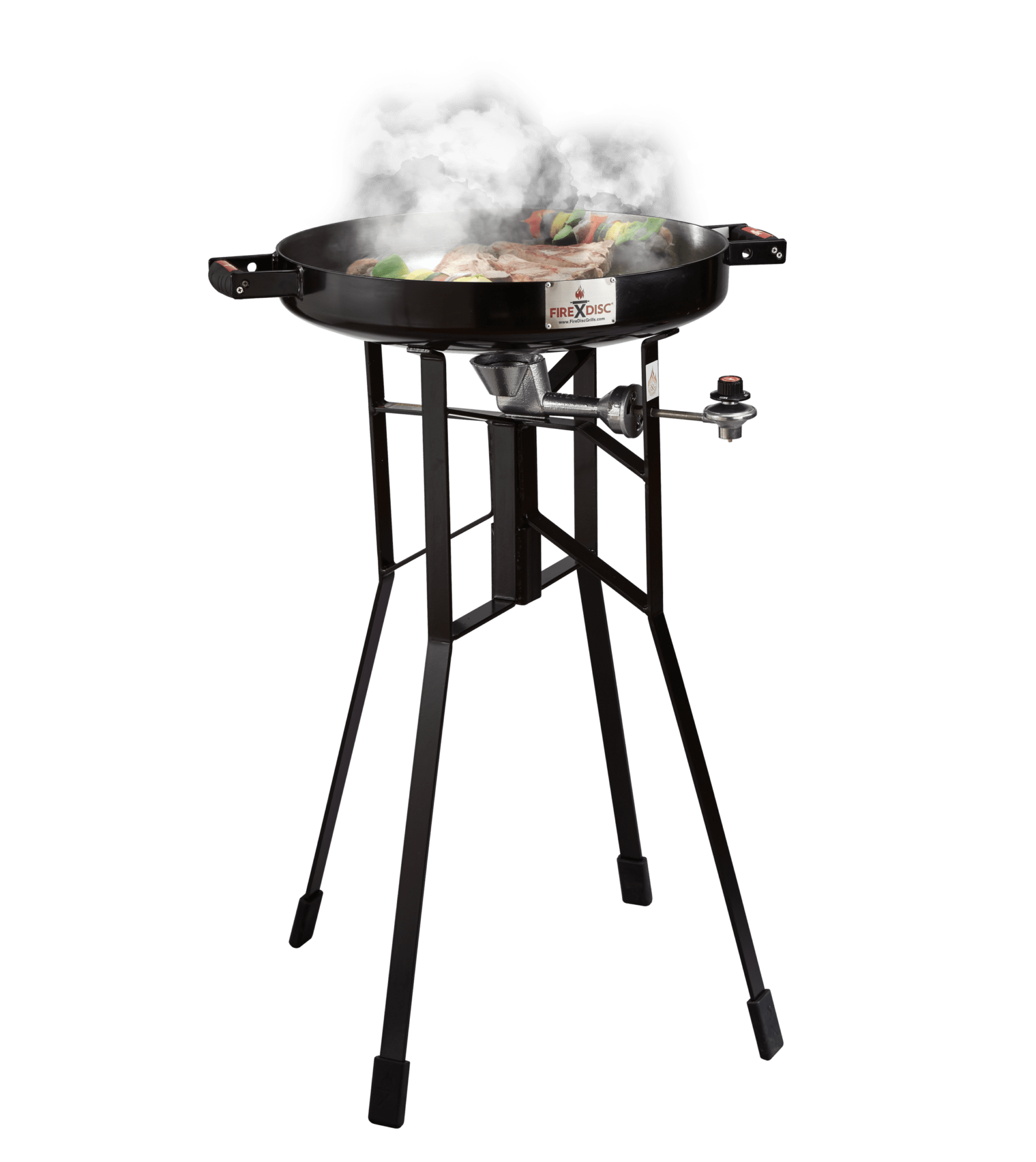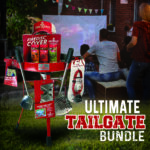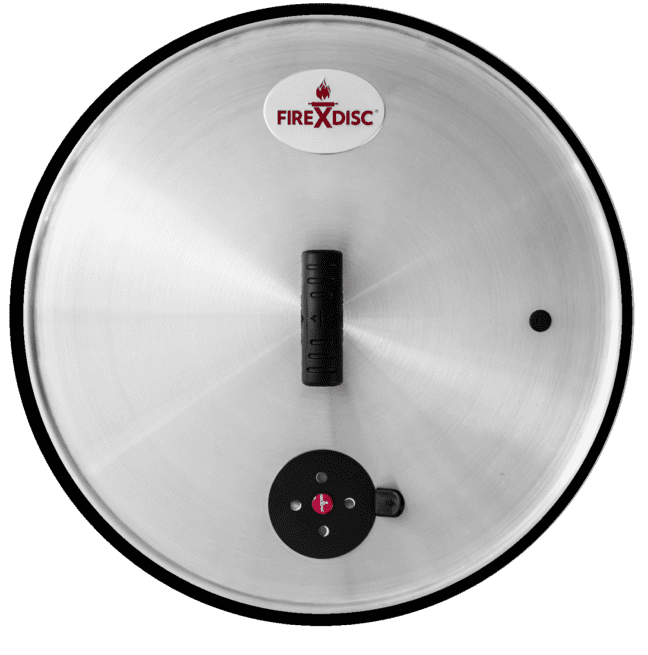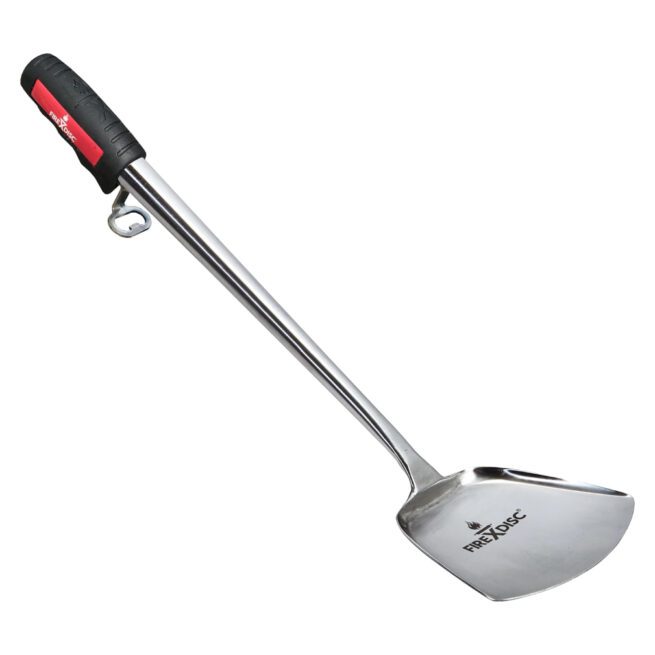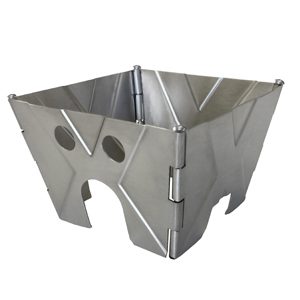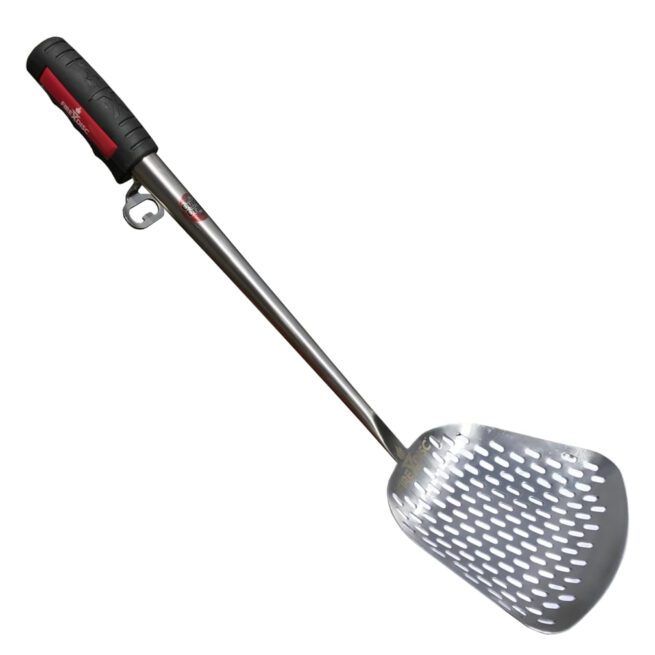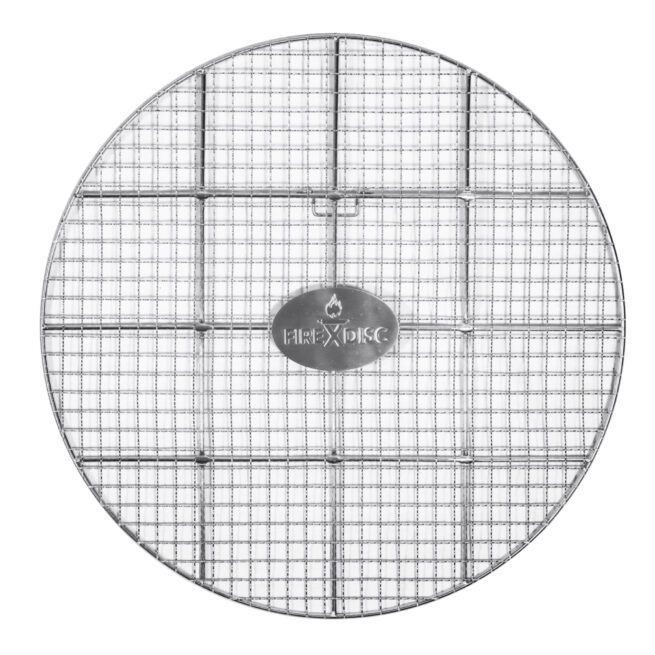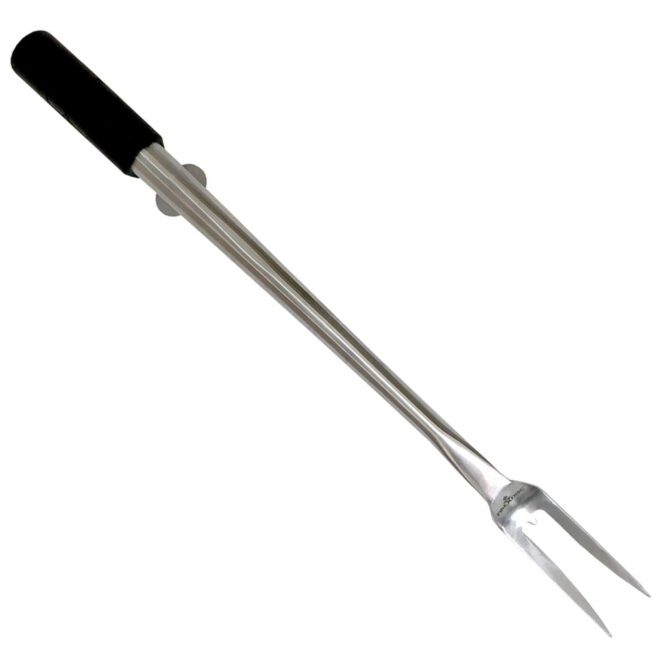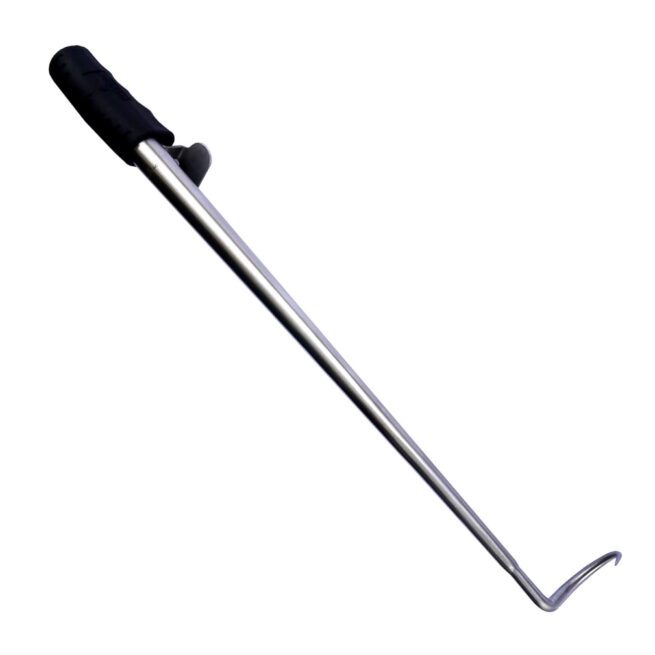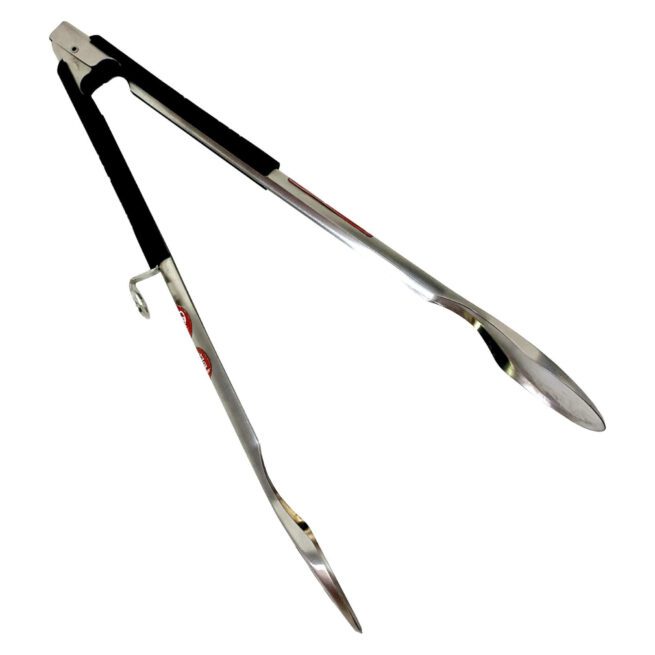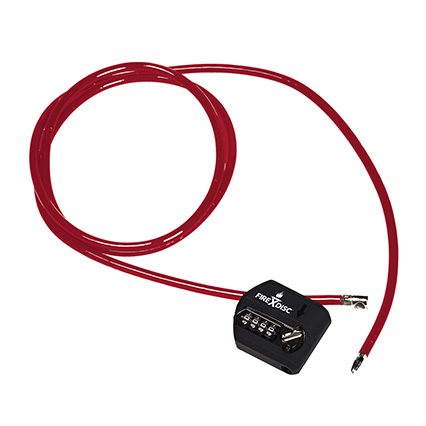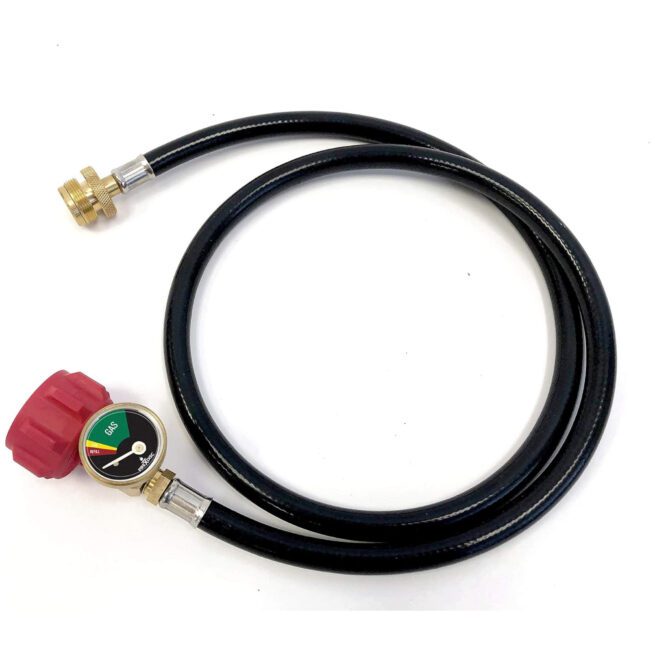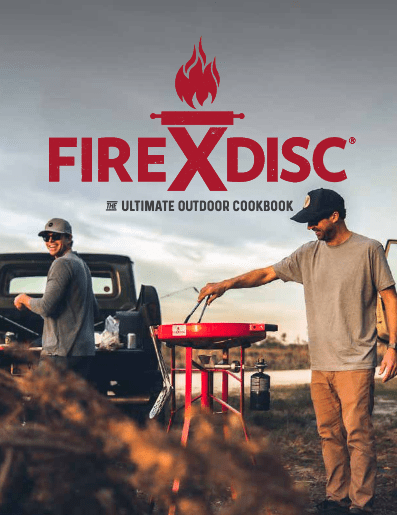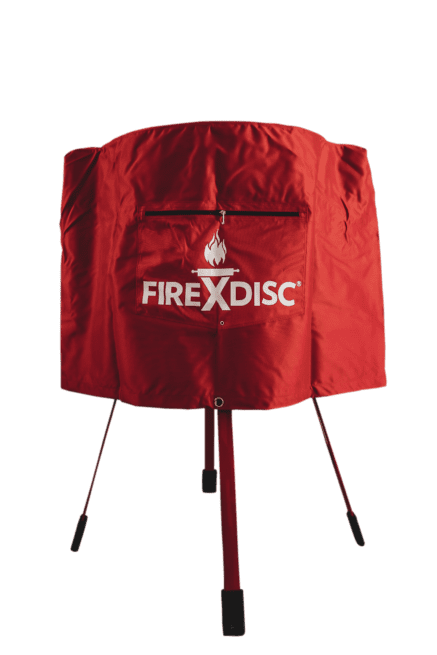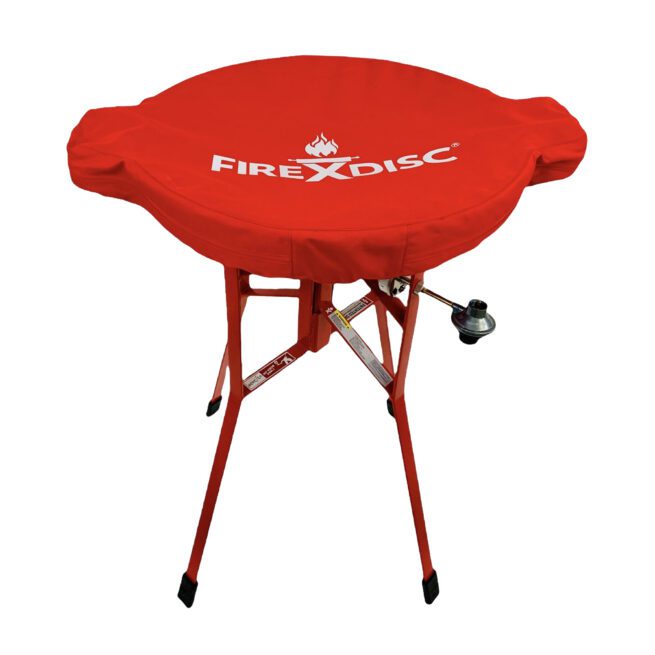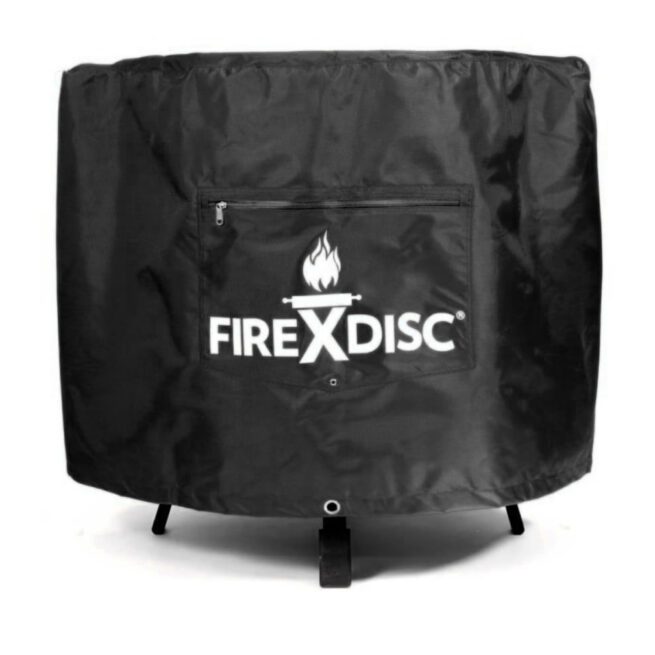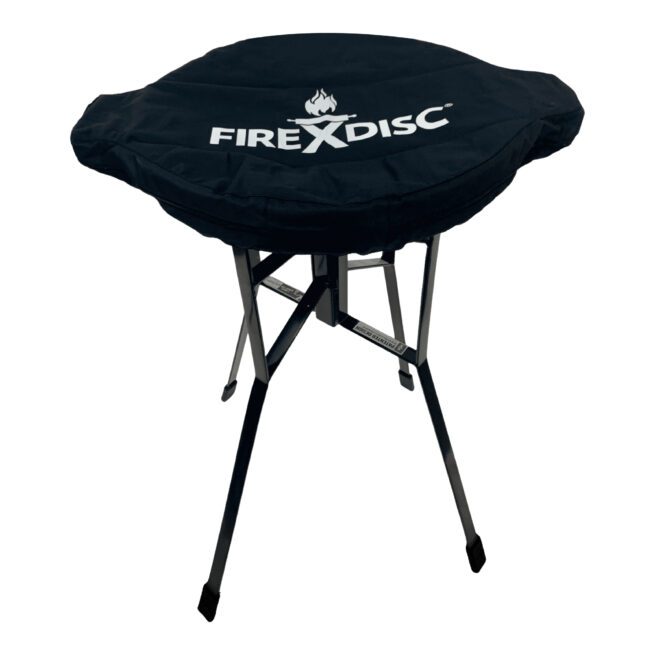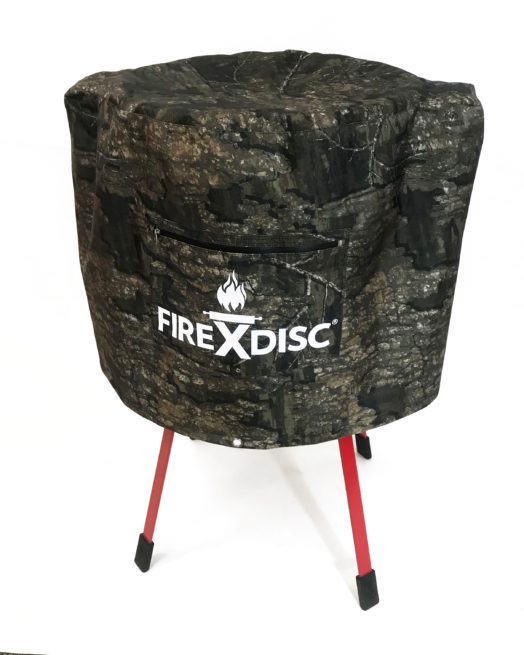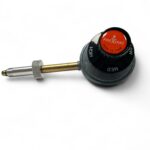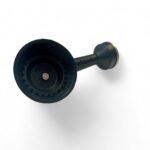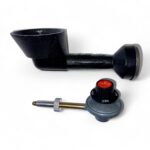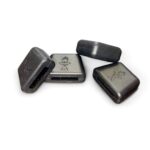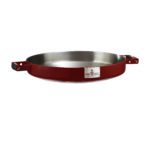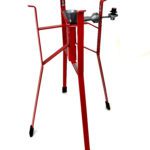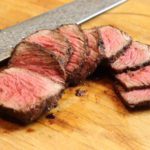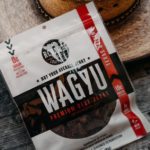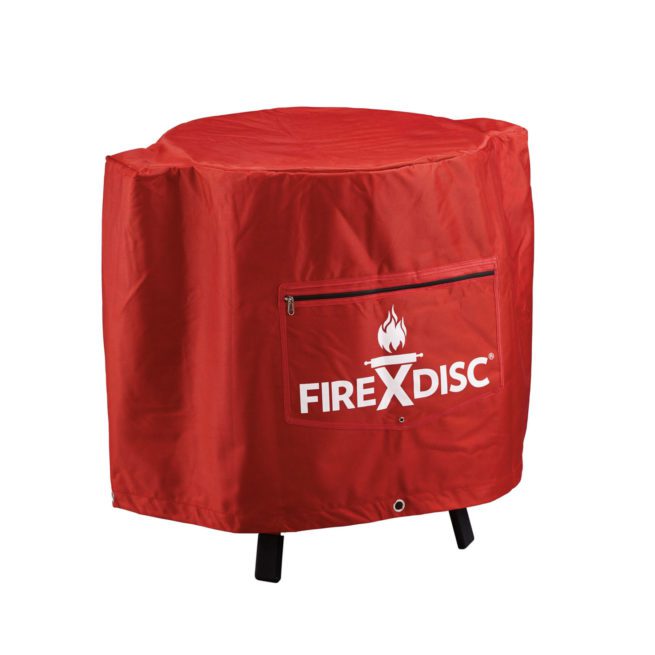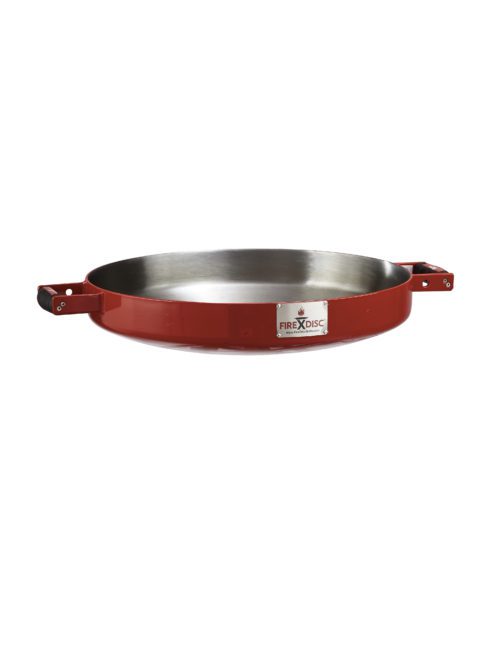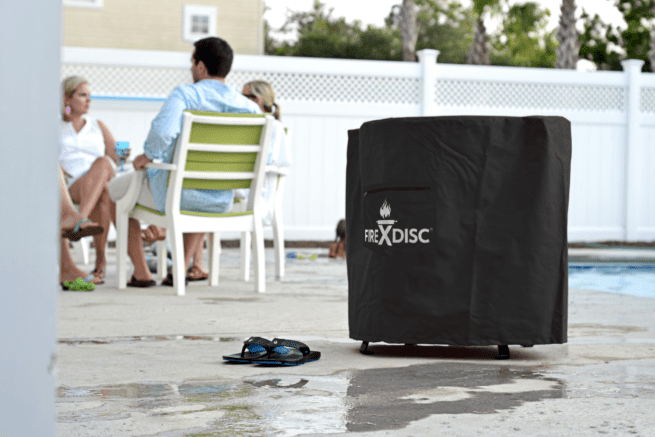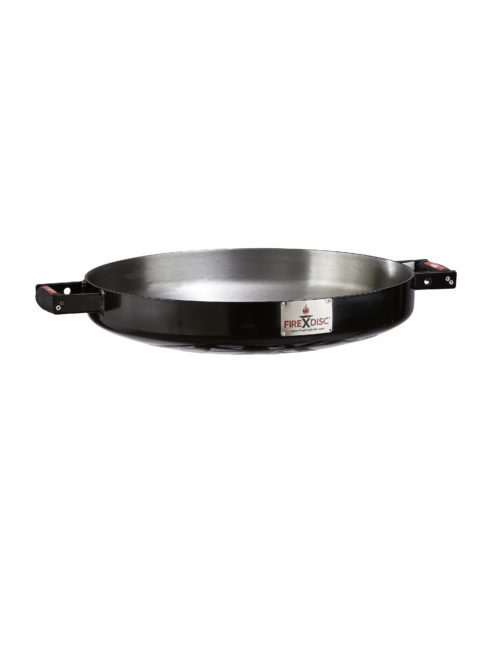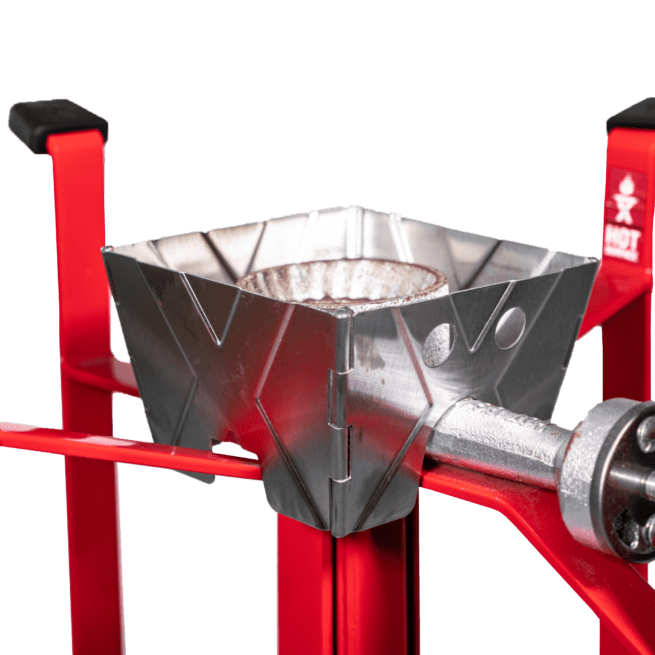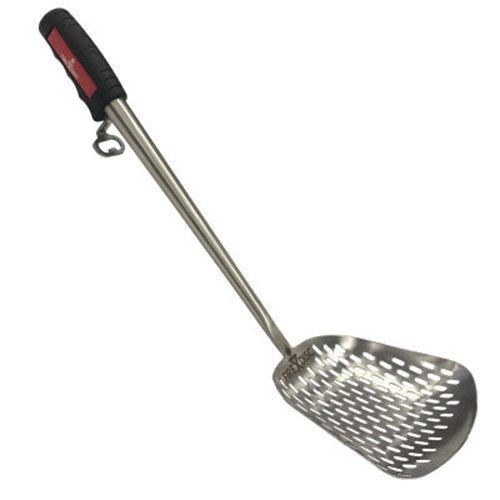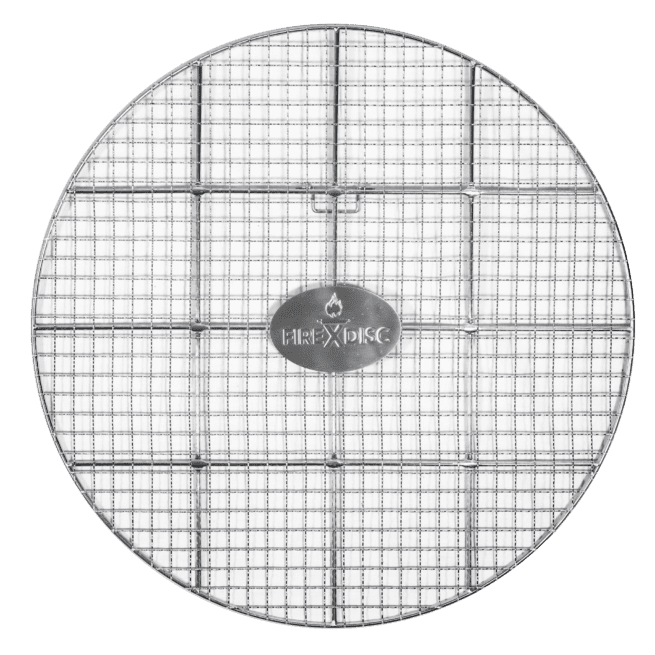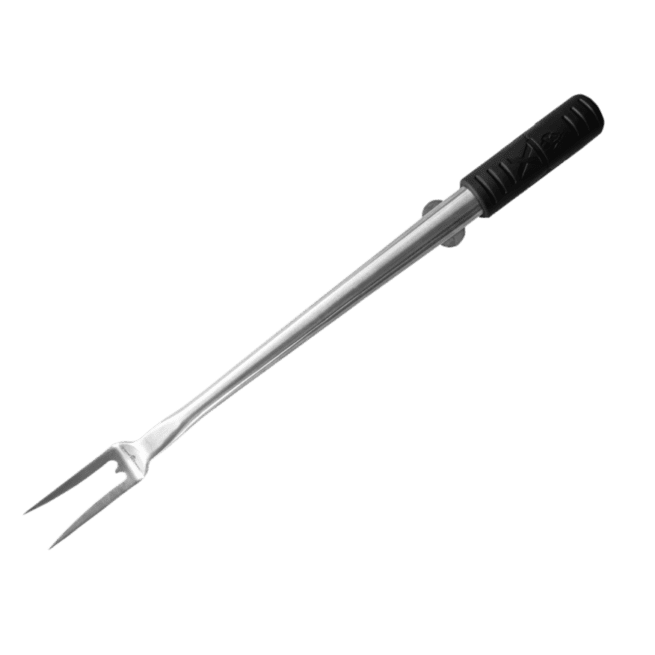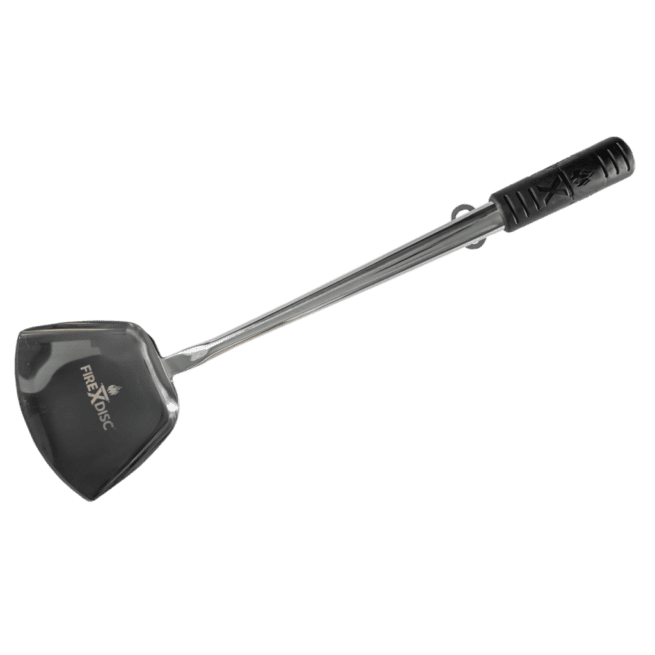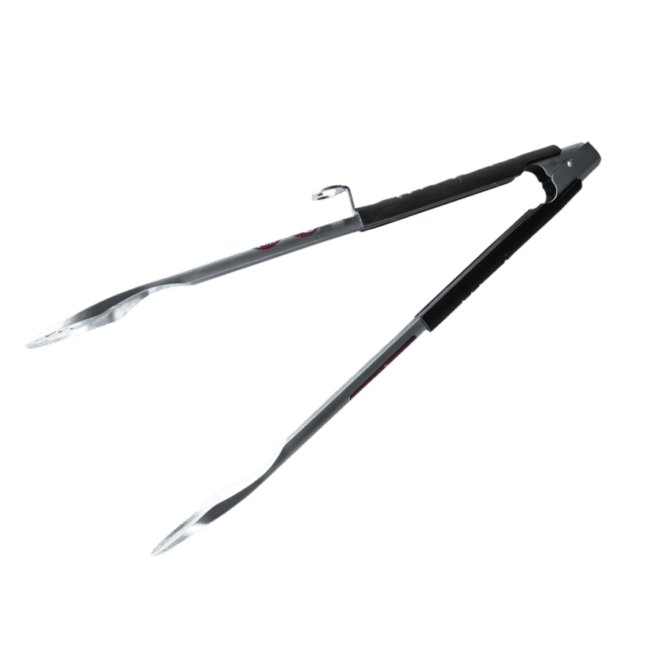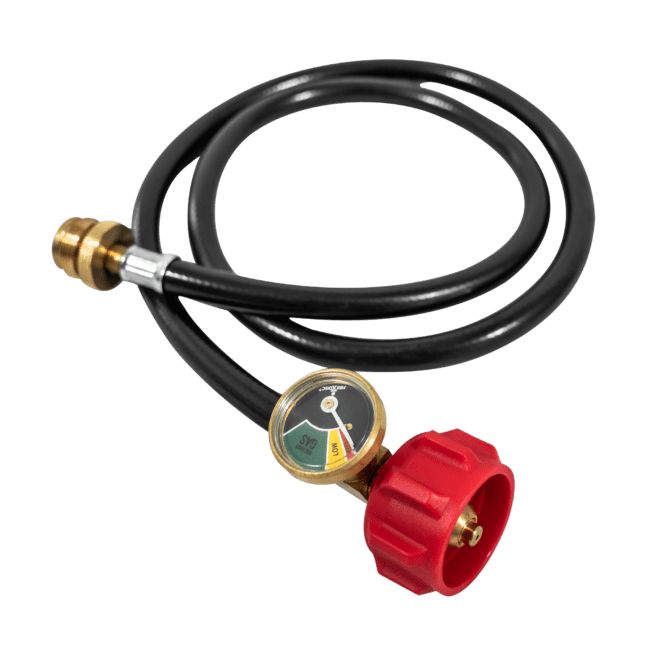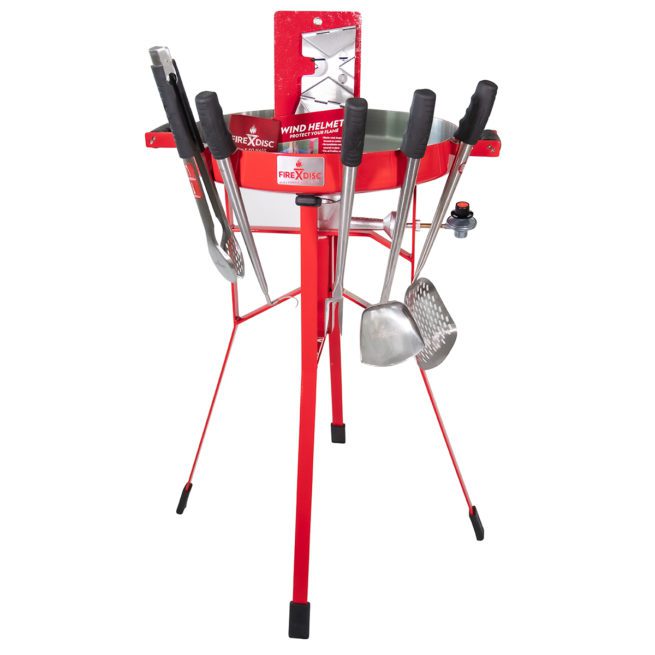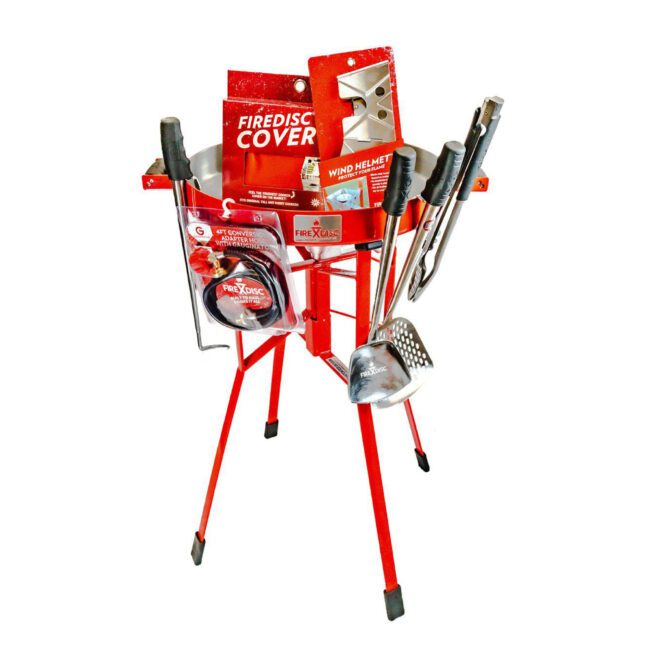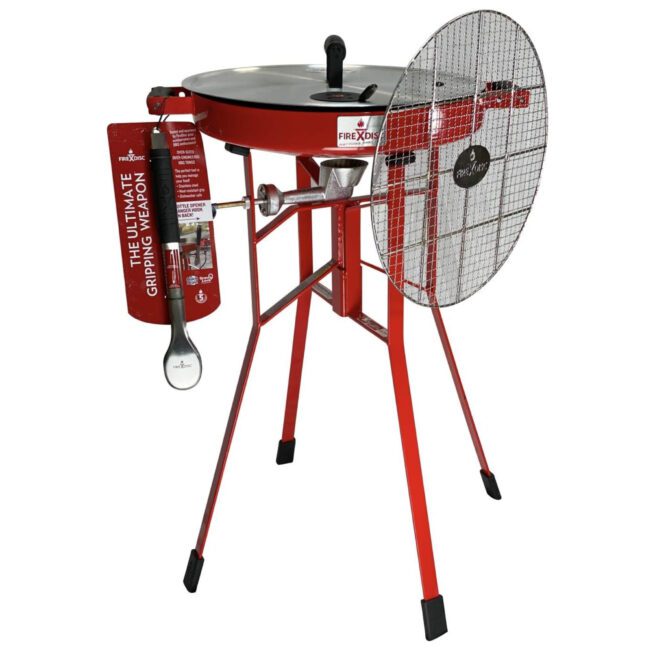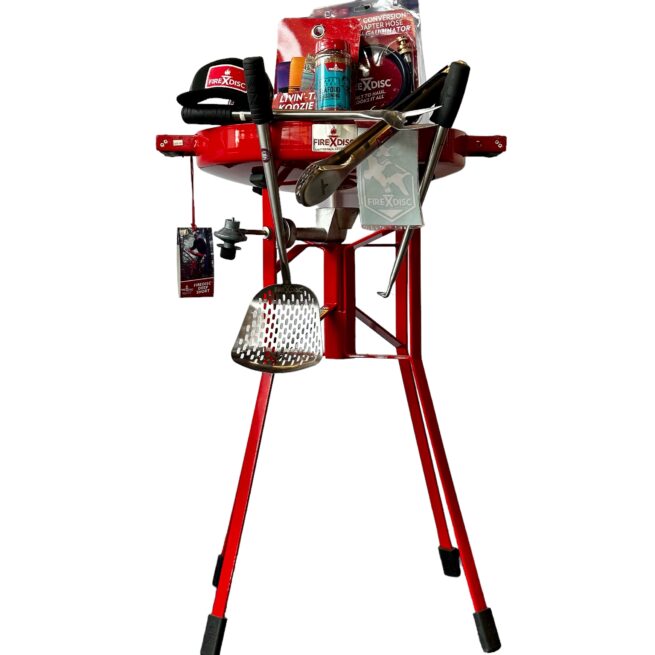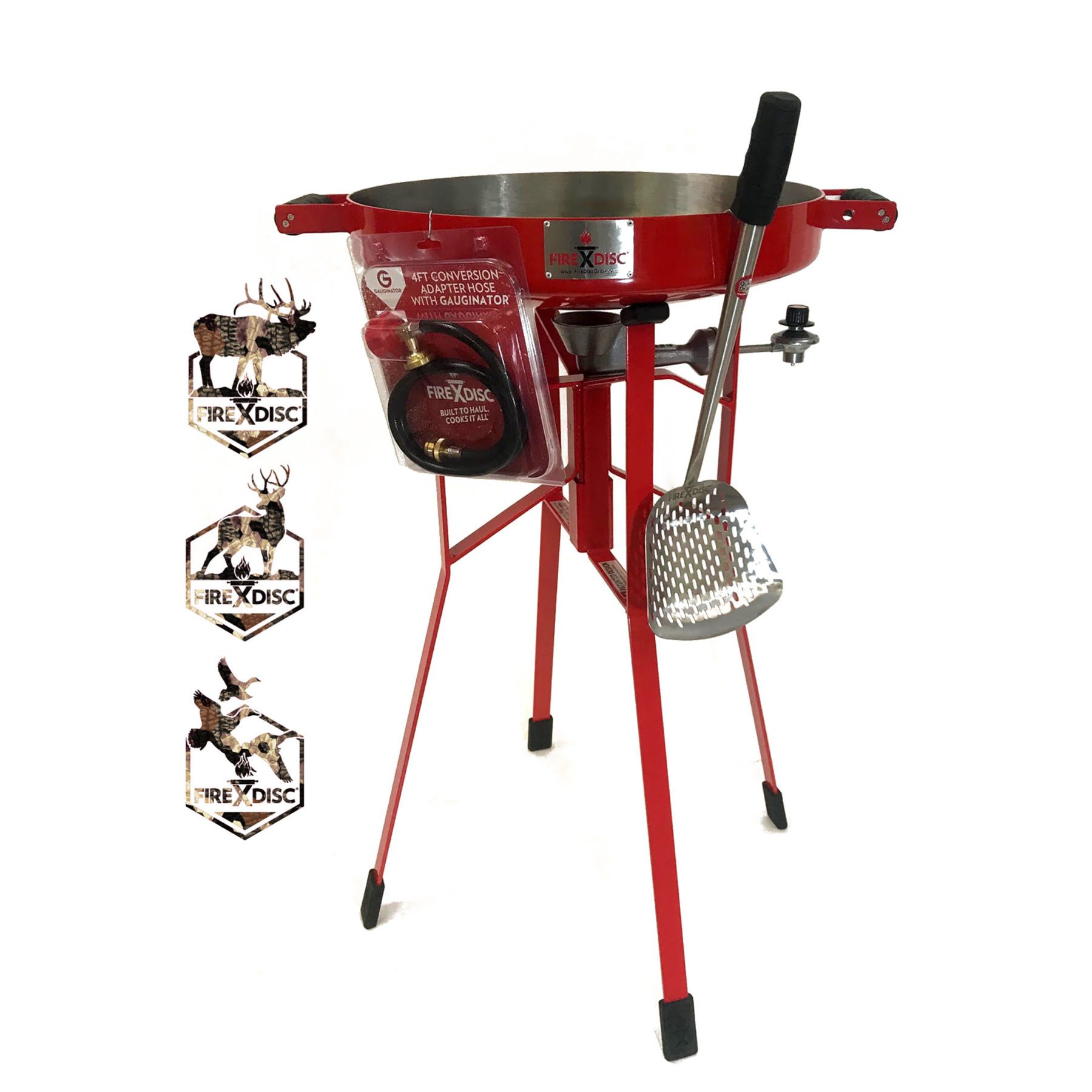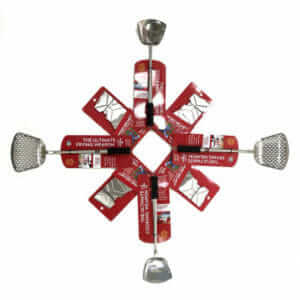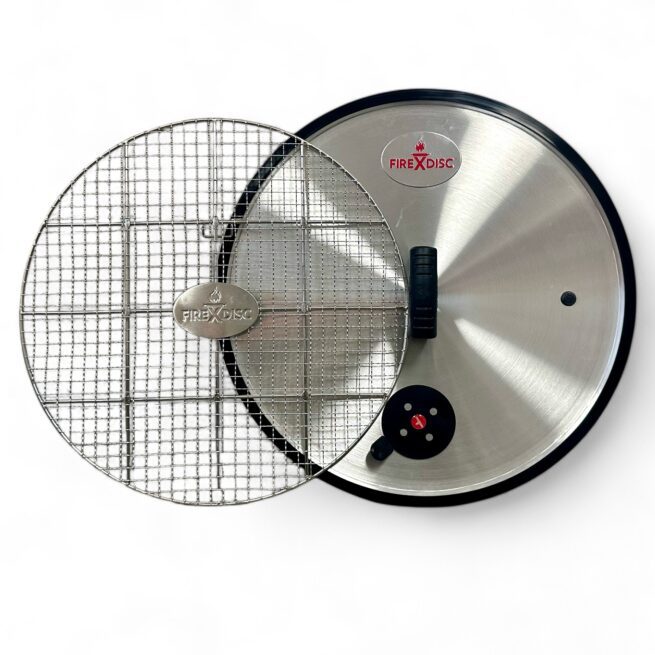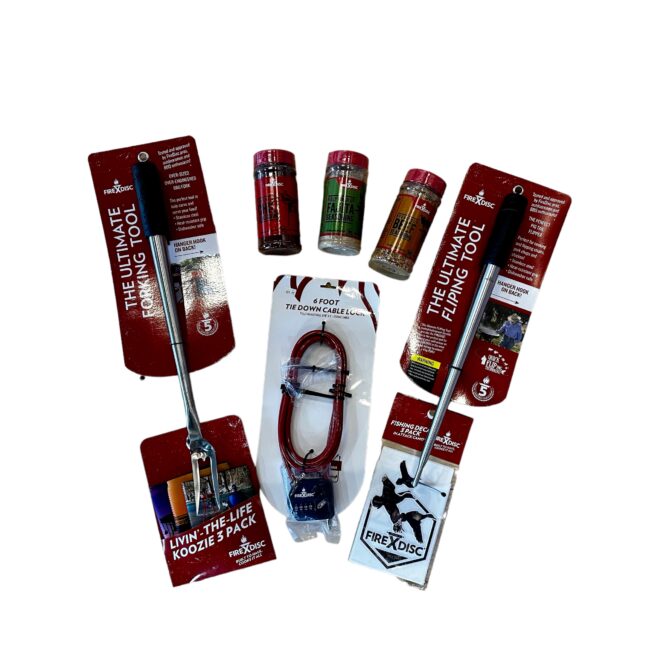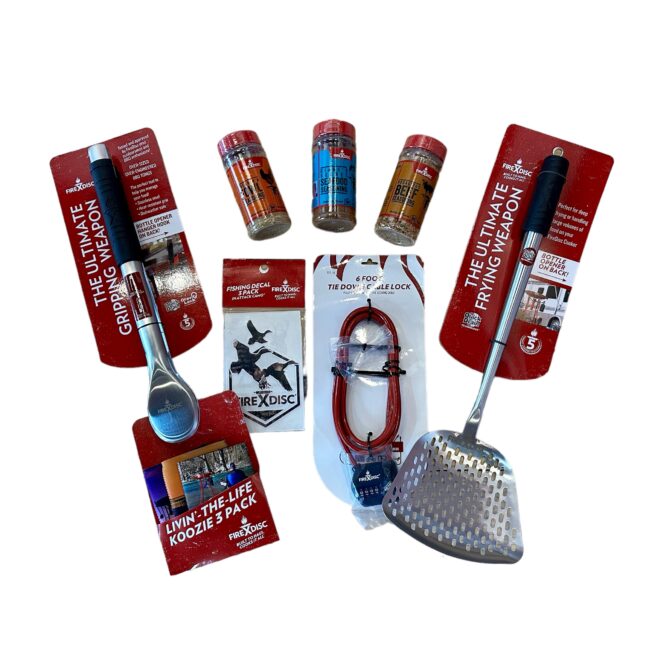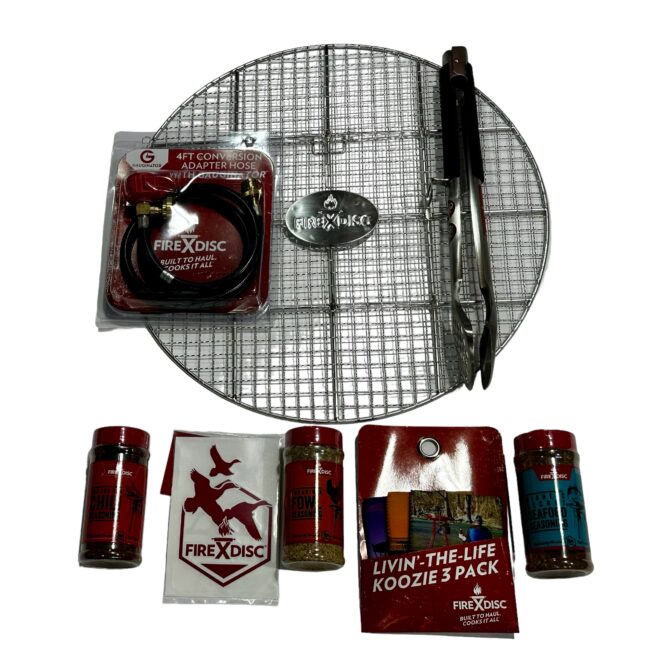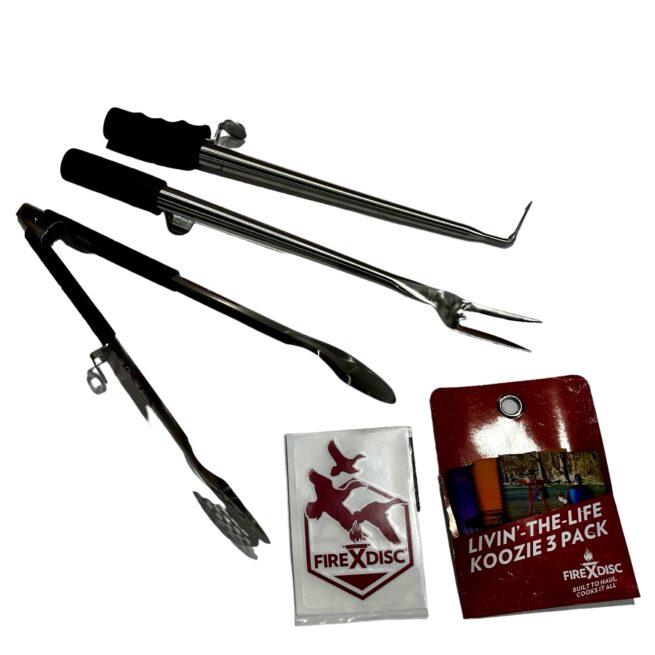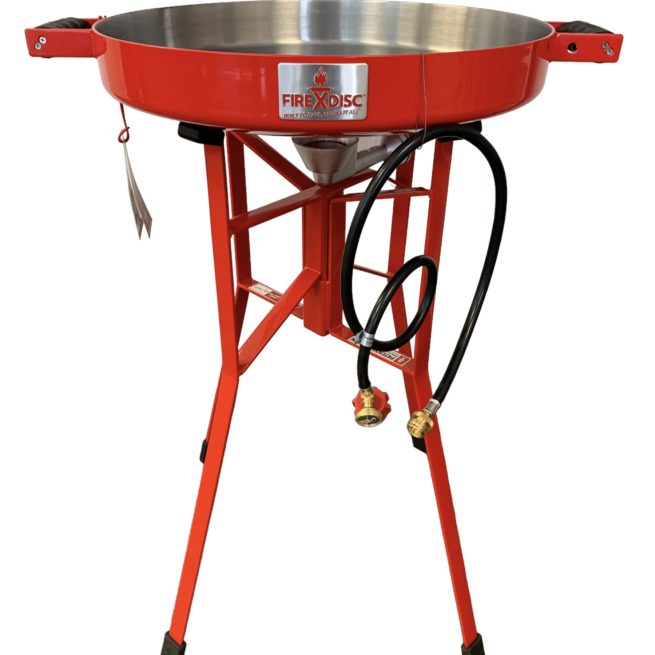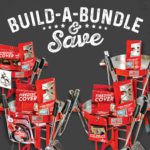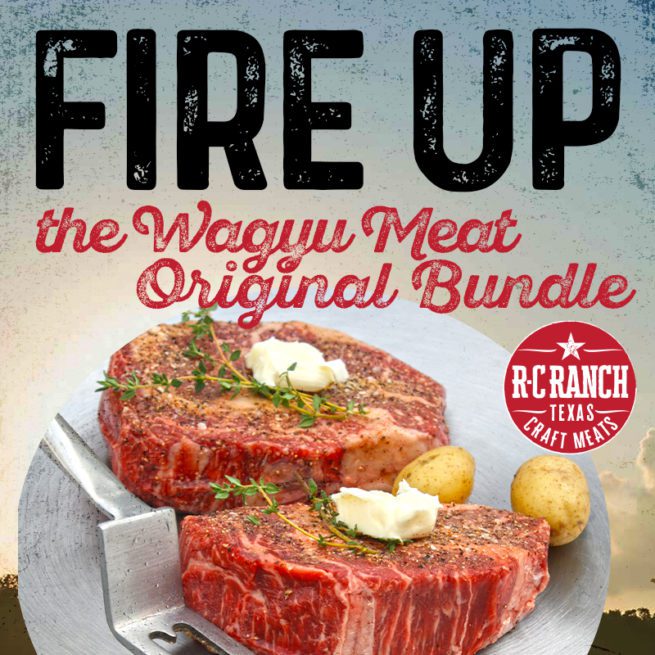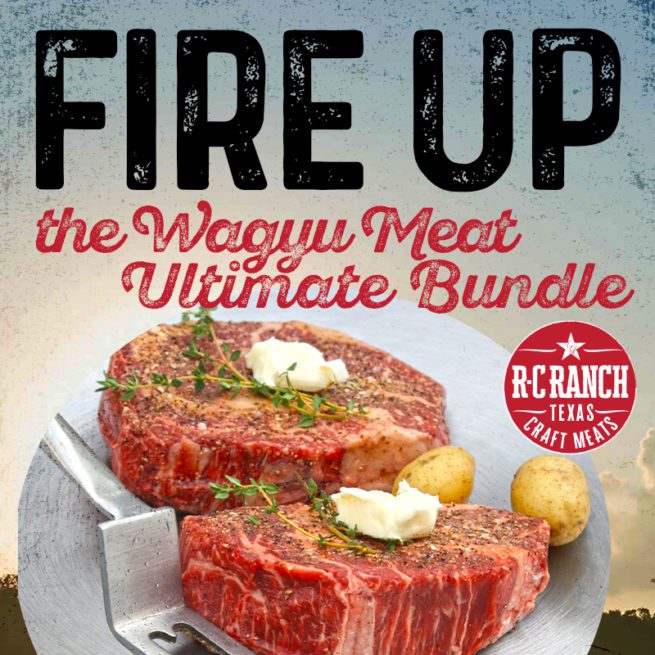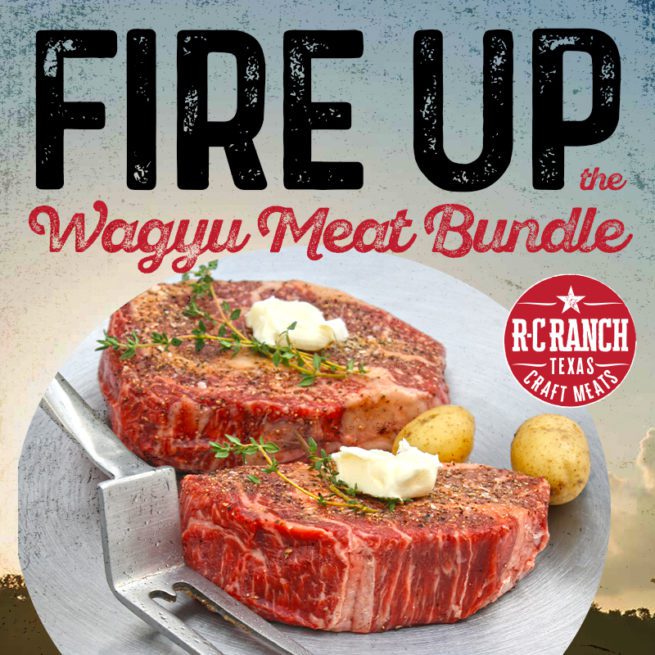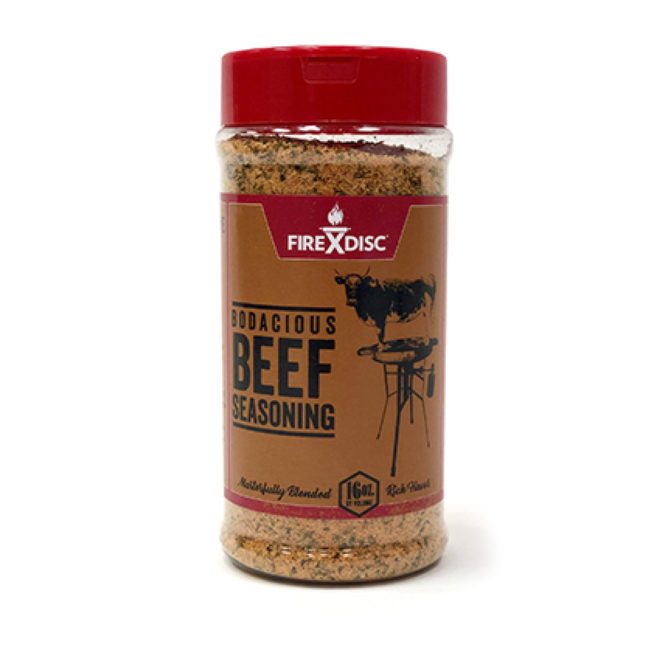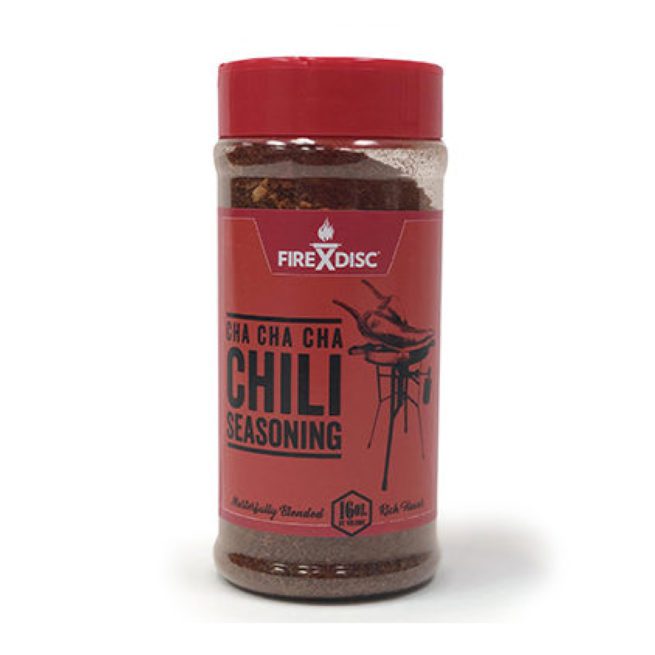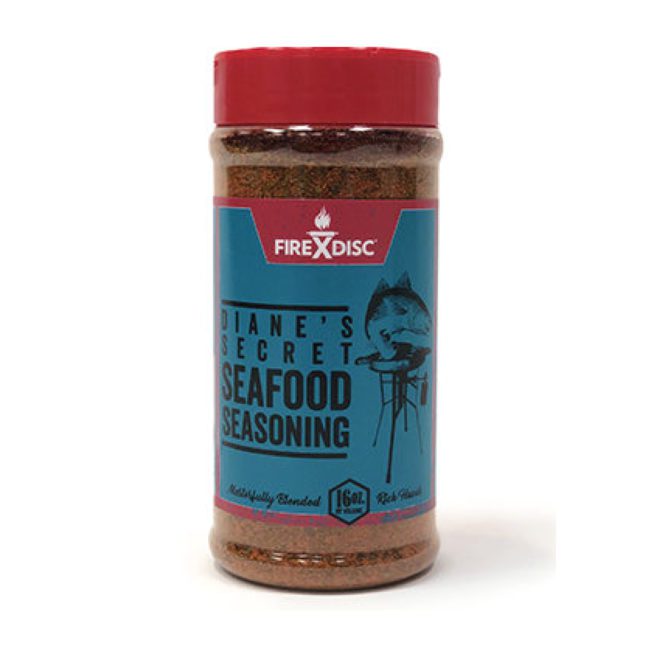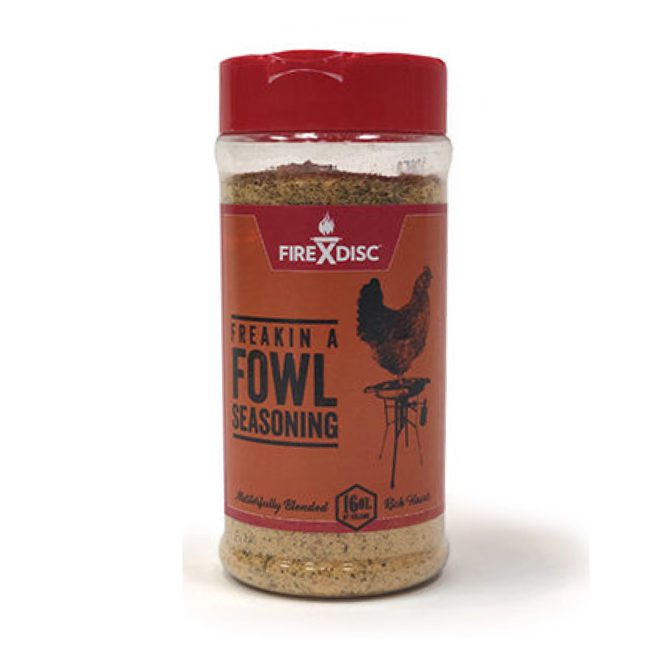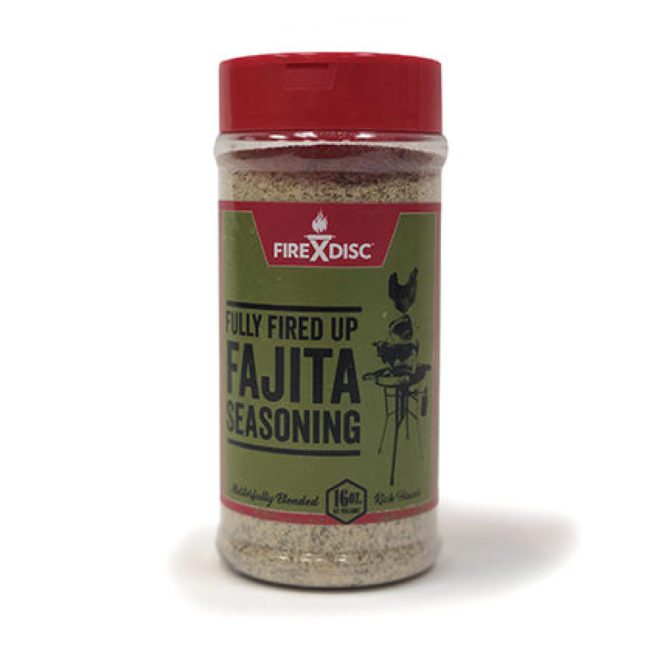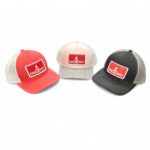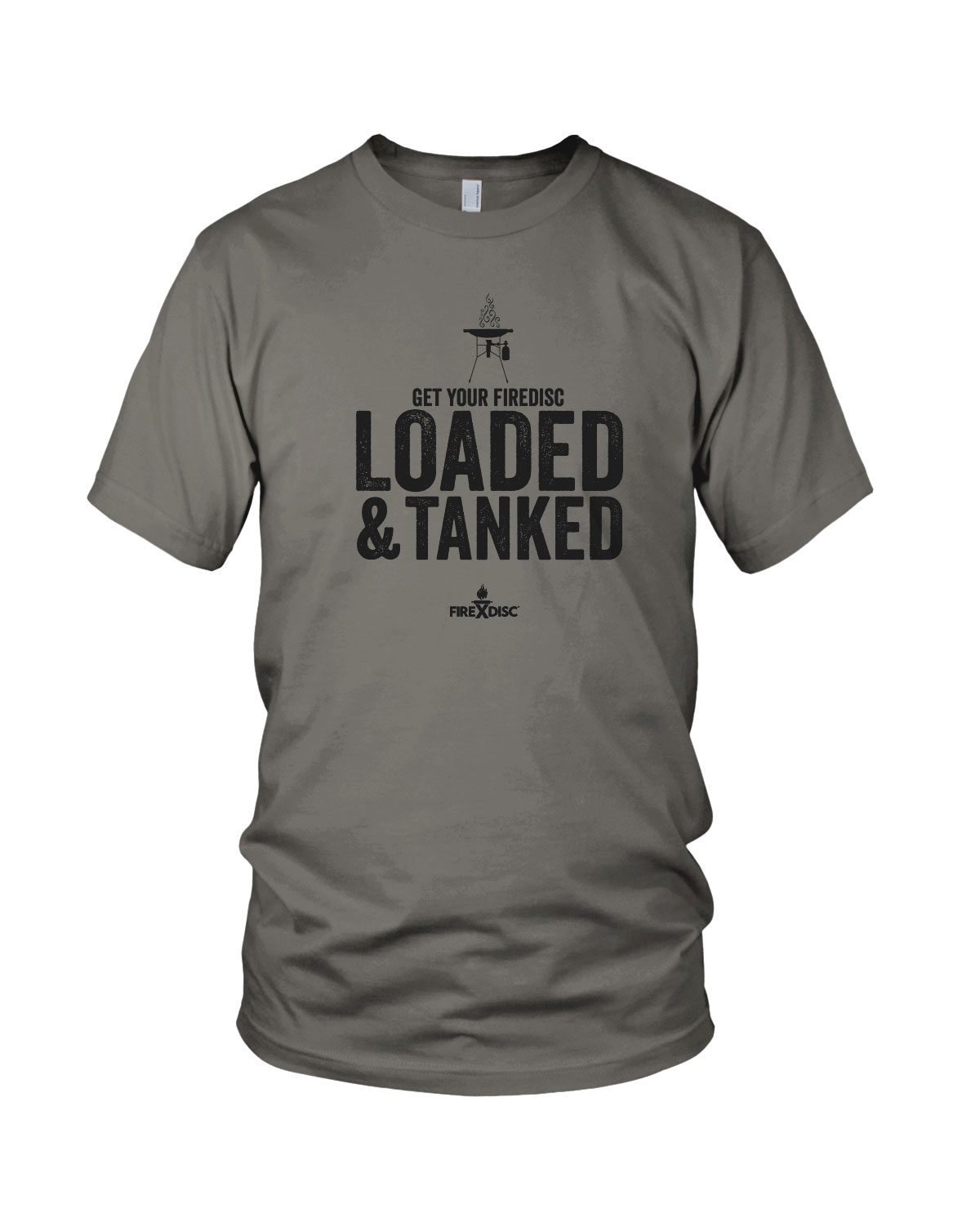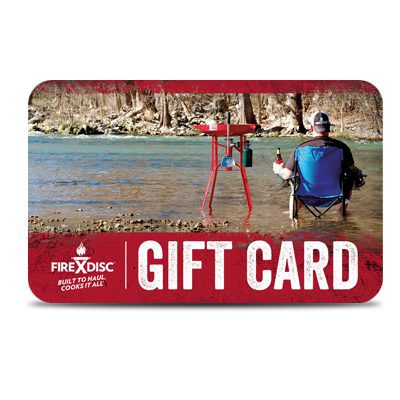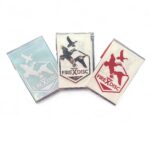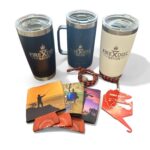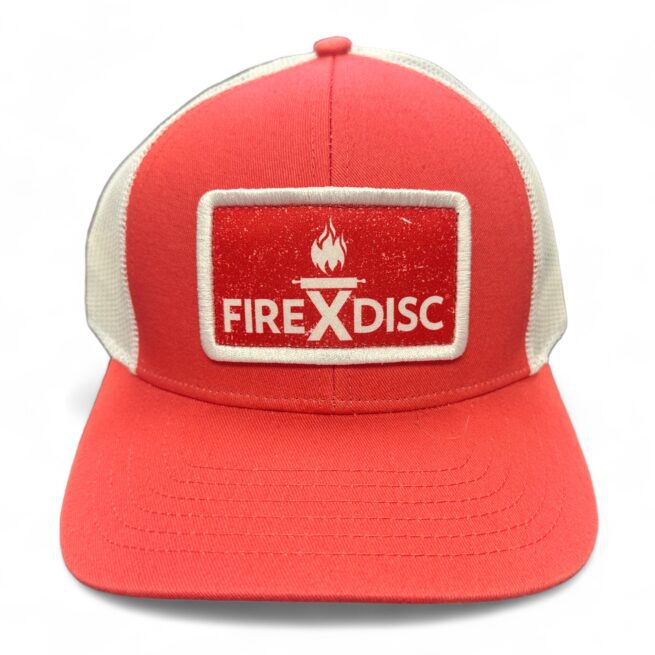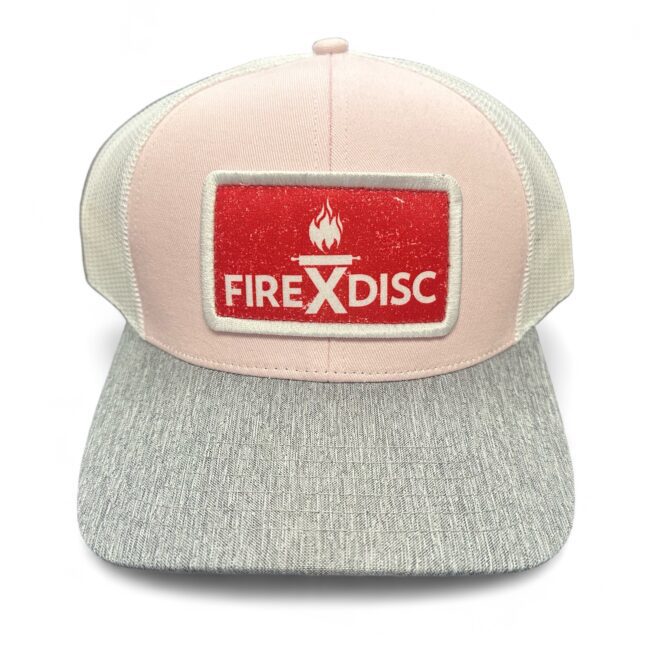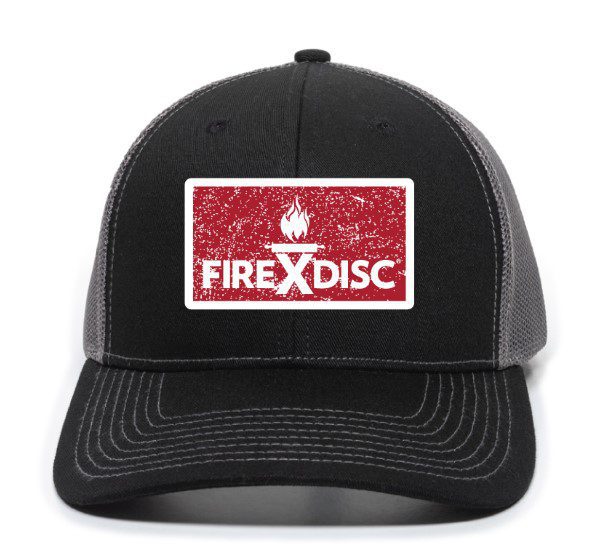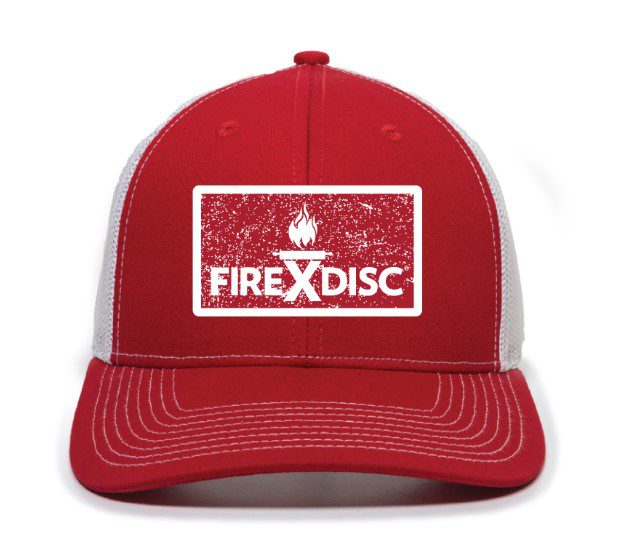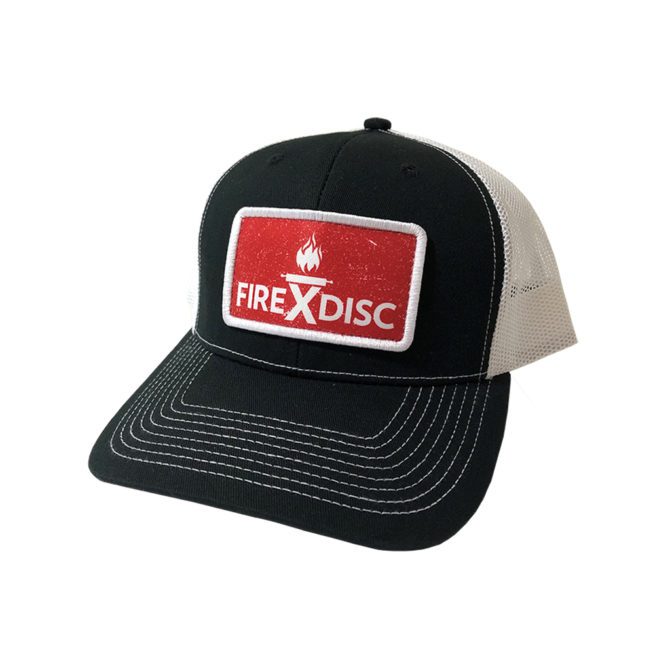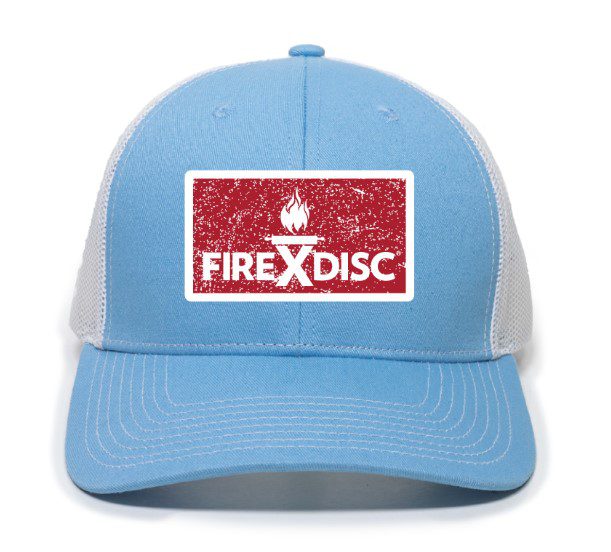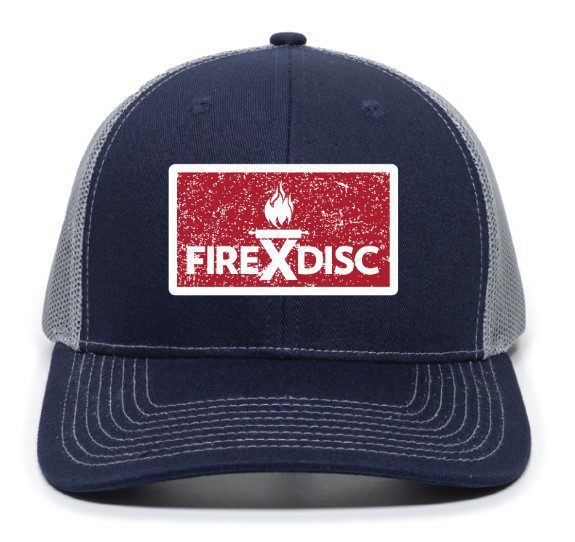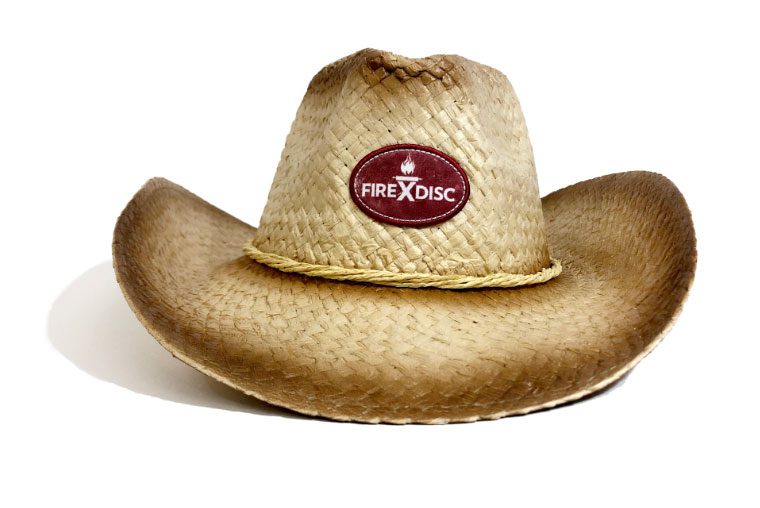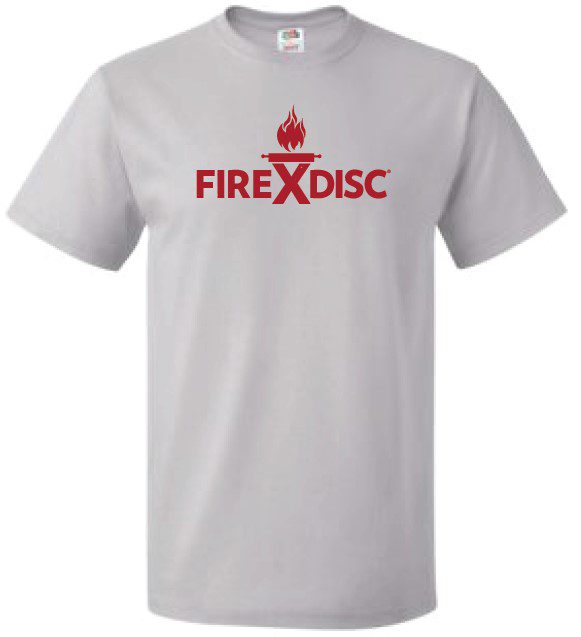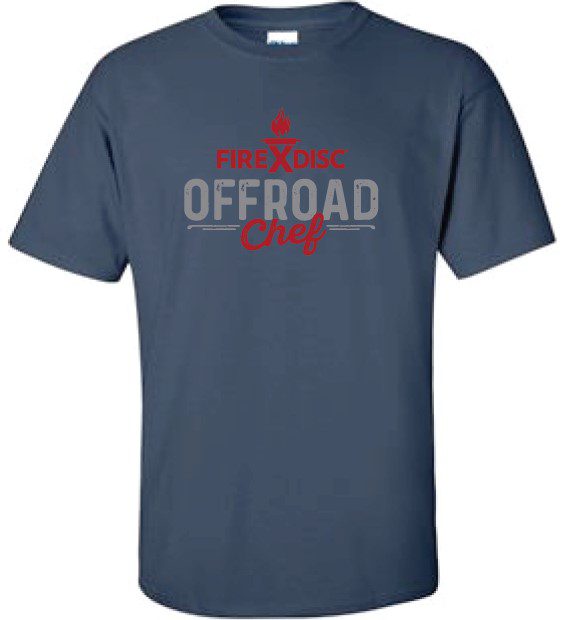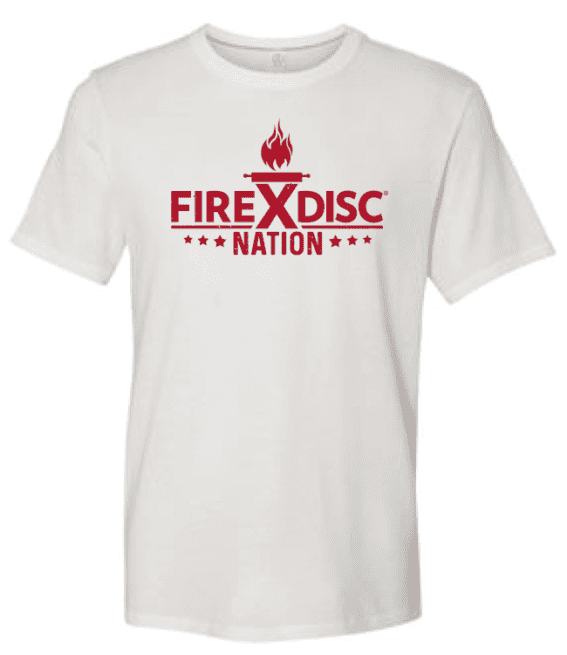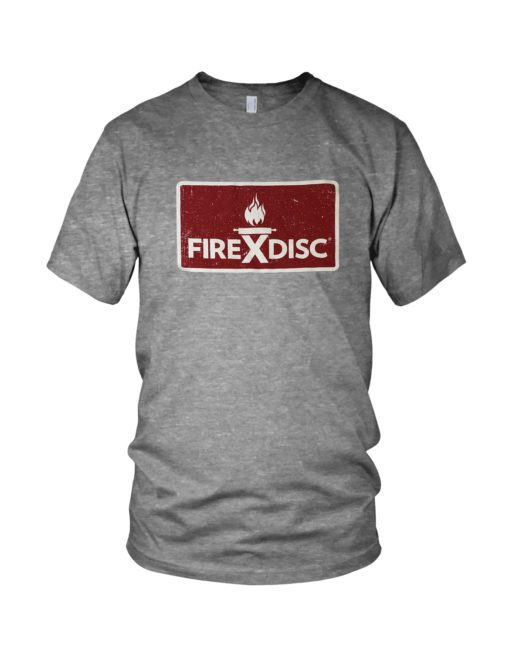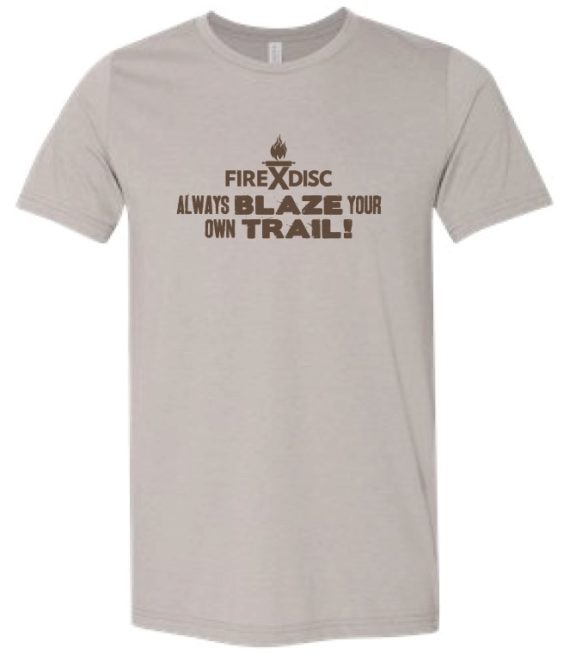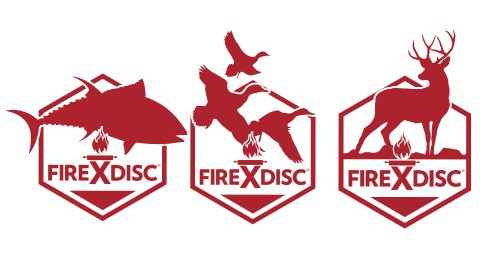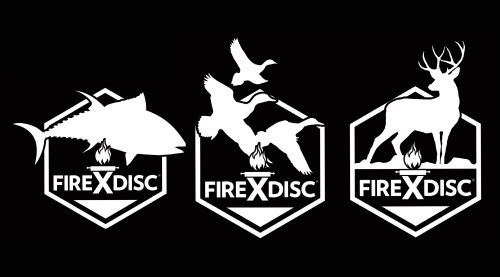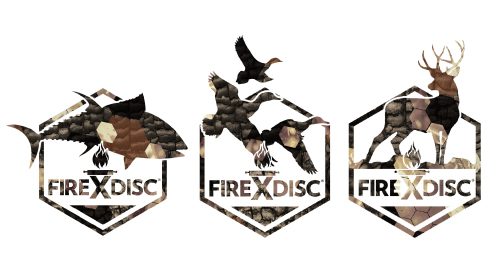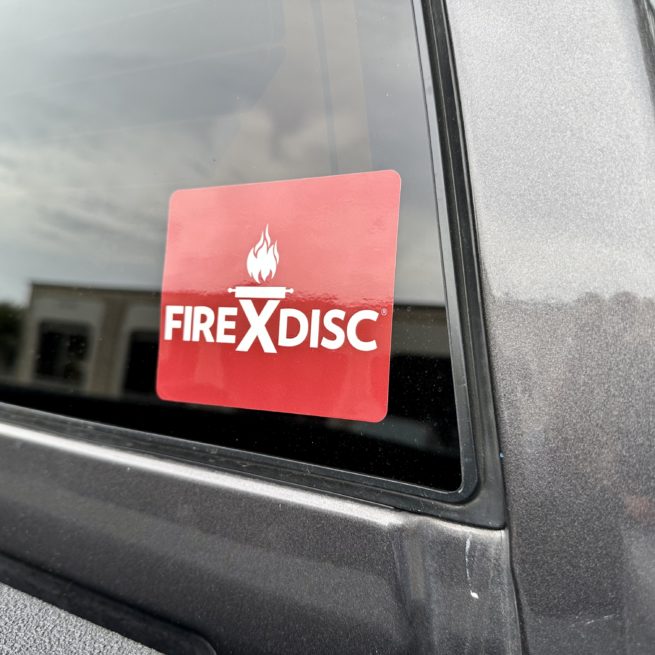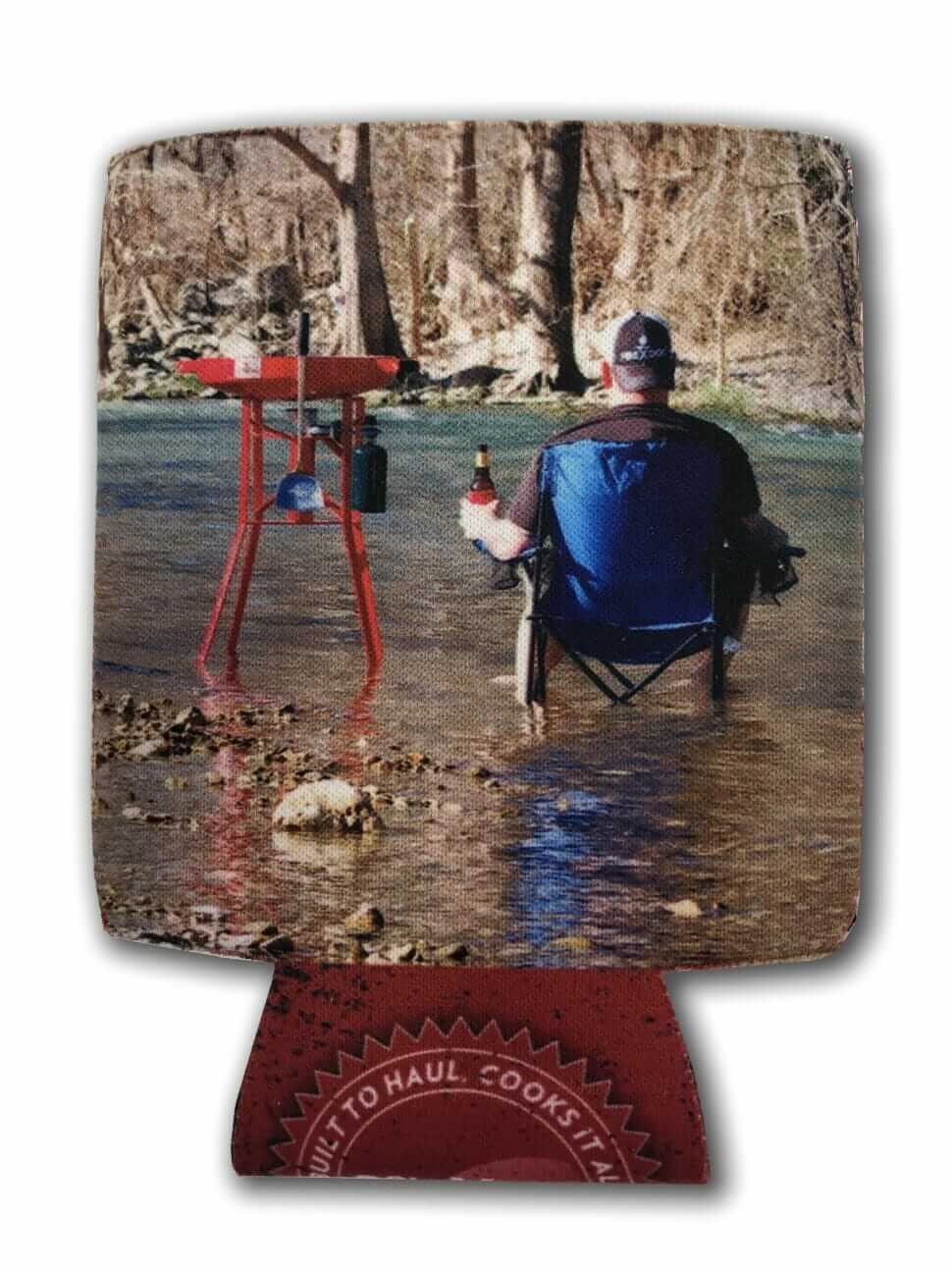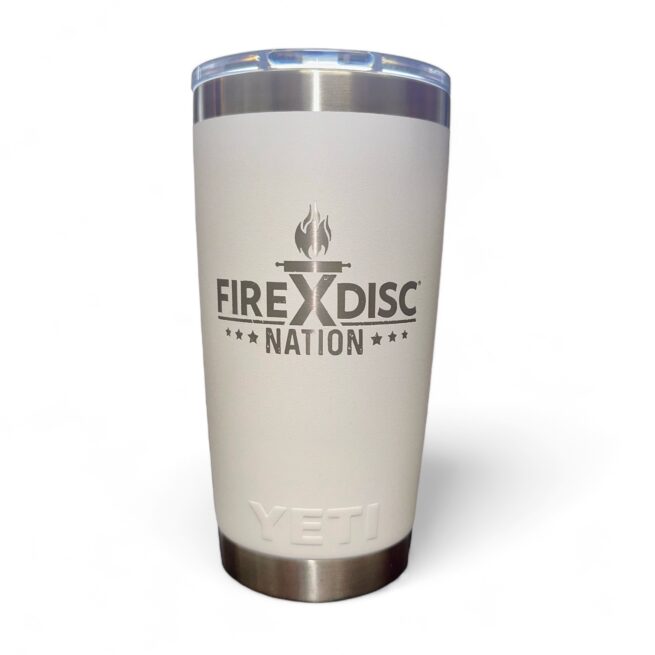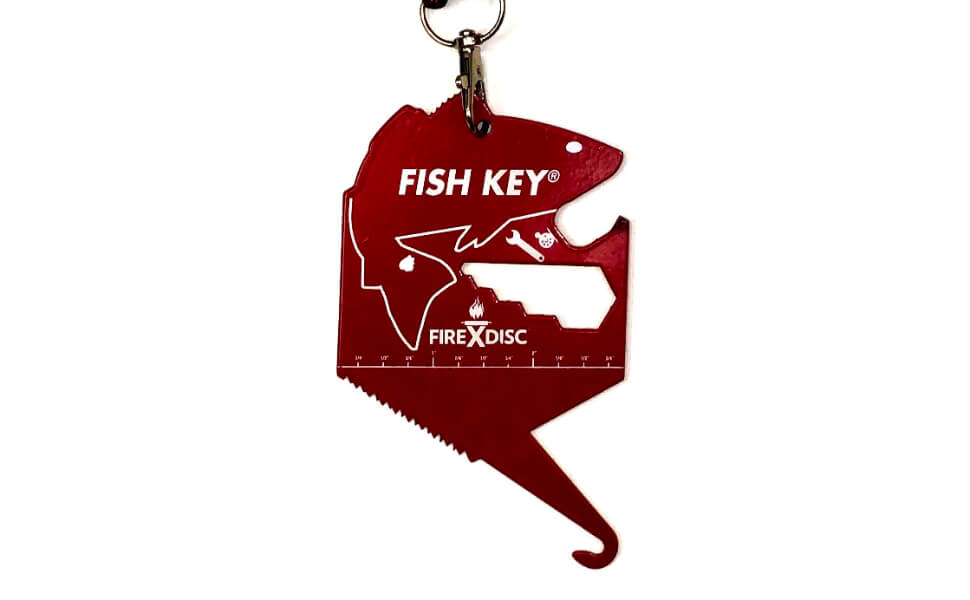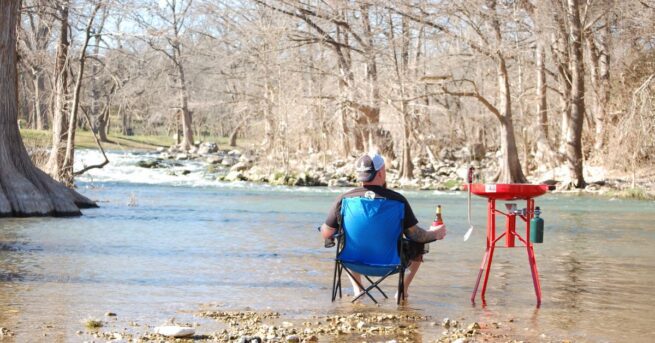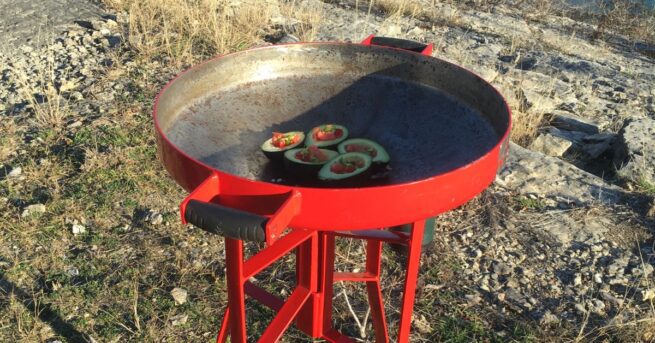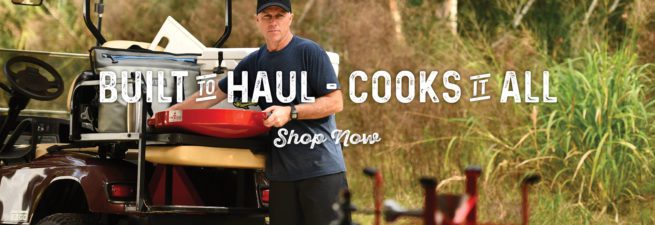There’s nothing quite like the aroma of grilled food wafting through a campsite, igniting appetites and drawing campers together. Adequately preparing for outdoor cooking can save you time and hassle and make every meal and snack taste better. Learn essential camp grilling tips and tricks everyone should know.
Bring a Reliable, Easy-to-Use Grill
Selecting the appropriate grill for your camping adventure ensures a successful outdoor culinary experience. On-site camp grills may not be the best option because of their limited cooking space and inconsistent heat distribution. Whether there’s an available on-site grill or not, you should bring your own portable and lightweight propane grill for the best cooking setup. The grill should have a stable base to prevent tipping over on uneven ground.
Here are some advantages of using a portable propane grill for camp meals:
- A portable propane grill allows for easy transportation and setup at various campsite locations.
- Quality propane grills have great heat distribution and cook food evenly, improving the food’s flavor.
- These grills are often more durable and easier to clean than on-site camp grills.
- Propane grills can be used in various weather conditions, making them a reliable choice for outdoor cooking.
Find the Ideal Grill Placement
When choosing a spot to set up your grill, look for stable ground free from debris, such as rocks and branches, to give the grill a steady cooking base. Additionally, set up your grill at least 10 feet away from any tents, trees, or other flammable structures to prevent accidental fires.
Consider the wind direction when positioning the grill. Setting it up so that the wind blows smoke away from your cooking area can create a more enjoyable grilling experience for you and your fellow campers. Lastly, ensure you have sufficient space around the grill to move safely and easily access cooking tools.
Preheat Your Grill
Preheating your grill is essential ensures the perfect sear on your meats and vegetables. To determine whether to preheat a skillet on low, medium, or high heat, consider the type of food you are cooking. Delicate items, such as eggs and pancakes, require low heat, while meats and stir-fries benefit from medium to high heat. You can also use higher heat for quicker cooking and lower heat for slow cooking to retain moisture.
Preheating brings the cooking surface to a consistent temperature, which helps to cook food uniformly. It also prevents food from sticking, as a properly heated surface with oil creates a natural non-stick layer. Additionally, preheating enhances flavor by promoting better caramelization and browning, which adds depth and richness to your dishes. For easier cooking and a satisfying meal, don’t skip out on preheating.
Use a Meat Thermometer
A meat thermometer is your best friend for ensuring perfectly cooked meats during your camping trip. Checking the internal temperature of your meats with a thermometer helps you avoid the dangers of undercooked food and the disappointment of overcooking. Different meats require different temperatures, so keep a list of cooking times for the types and cuts of meat you bring on your trip.
In addition to safety, using a meat thermometer can enhance the quality of your meals by allowing for precise cooking. You can achieve that perfect medium-rare steak or juicy chicken breast, impressing your fellow campers with your grilling skills. Remember to clean the thermometer between uses to maintain hygiene and prevent cross-contamination.
Prep Your Ingredients
Maximize your time outdoors by prepping your ingredients before you leave for your camping trip. Chop and prepare all your vegetables, meats, and other ingredients at home to eliminate hassle later. This not only saves time during your trip but also minimizes the need for extra tools and utensils at your campsite.
Prepping in advance also means you can focus on enjoying nature without worrying about slicing and dicing in potentially cramped or less-than-ideal conditions. Store your ingredients in airtight containers or bags for easy access and organization.
Marinating Tips
Preparing your marinades before your trip infuses flavor and tenderness into your meals. By marinating your meats and vegetables ahead of time, you allow the flavors to fully penetrate, resulting in more delicious and succulent dishes.
Transport your pre-marinated ingredients in sealed containers or resealable bags placed in a cooler to keep them fresh. Consider different marinades to make your meals more interesting. Think tangy citrus for chicken or savory garlic and rosemary for lamb. With everything prepared, you’ll be ready to grill without any fuss.
Control the Flame
Flame control is a crucial skill to know for camp grilling that helps manage heat and prevent flare-ups. Adjusting the propane flow will help you maintain a consistent cooking temperature, which is crucial for evenly cooked food. If you experience flare-ups, move the food to a cooler section of the grill and reduce the heat. A spray bottle with water can be useful to quickly douse minor flare-ups without entirely extinguishing the grill.
Flare-ups aren’t the only issue to consider when it comes to grill flames. Low flames can make cooking frustrating, especially for hungry campers eager for a meal. Grill accessories can improve cooking times and help maintain a steady flame. For example, the wind guard helmet for the FireDisc keeps the flame concentrated and protects it from gusts of wind.
Bring Extra Fuel
Running out of propane during your camping trip can put a damper on your outdoor culinary plans. Always carry extra propane canisters to ensure you have enough fuel to last your entire trip. This foresight guarantees that you’ll never be caught halfway through cooking a meal with no way to finish it.
Extra propane also allows you to adapt to unexpected situations, such as needing to cook for additional guests or dealing with adverse weather conditions that may require longer cooking times. Having a bit more than you is always better than falling short and risking the enjoyment of your trip.
Practice Fire Safety
Safety should always be a top priority when camping, especially when grilling. Keep a bucket of water or a fire extinguisher nearby to handle any unexpected fires. Additionally, before leaving the site, you should completely extinguish any campfires to prevent wildfires.
Educate yourself about the fire regulations and conditions in the area you’re camping in, as well as any specific rules regarding open flames. Respecting these guidelines protects both the environment and your fellow campers.
Successful camp grilling hinges on careful preparation and safety practices. Bringing a reliable grill, prepped ingredients, and extra propane ensures you’re well-equipped for a culinary adventure in the great outdoors. Practicing flame control and maintaining a clean workspace makes cooking safer and more efficient. Use these tips to save precious time making mouthwatering meals.
